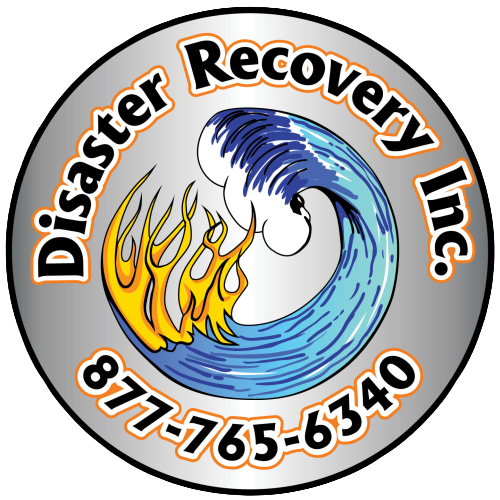How To Prepare
What can you do to prepare for a potential loss in your home?
No one can ever fully avoid having a loss in the home, so what should you do to prepare for the worst-case scenario? Here are 6 things you can do to keep your possessions and your family safe when property damage occurs.
1. Protect your plumbing. If you live in an older home, take the time before a cold snap to get an eye on all of your plumbing, and identify the cold spots in your home. Exposed plumbing in your basement and pipes that line exterior walls may be subject to freezing up in temperatures below 32 degrees Fahrenheit. Find all of the areas that may be exposed to colder temperatures in the wintertime, purchase some cheap foam pipe insulation from your local hardware store, and make an effort to protect those pipes. For kitchen sinks or sinks that sit at an exterior wall, a simple way to keep warm air circulating around those pipes is to open the cabinet doors and expose them to the warmth of the home. On particularly cold evenings, leave your sinks trickling just a small amount overnight, it will keep water flowing through the plumbing and make it more difficult to freeze up.
2. Keep up with home maintenance. As appliances, plumbing, and home heating elements get older, they need to be properly maintained to ensure they function efficiently. Appliances such as dishwashers, refrigerators, stoves, washing machines, and dryers all need to be cared for and used properly to extend the life of the appliance and prevent malfunction. Dishwashers should be cleaned regularly and the wiring and plumbing need to be examined by a professional every few years to avoid clogged drains and disconnected or corroded water supply hoses. Depending on the type of refrigerator you own, they need proper ventilation and the supply lines are fragile and may need to be replaced. If you own a “high efficiency” (HE) washing machine, you need to be using detergents rated for HE machines to avoid clogging up the system, and drain hoses and supply hoses need to be working properly to avoid leaking. If you have a wood stove, pellet stove, or heating elements that require a chimney, you should have the chimney cleaned at least once annually. Furnaces and boilers also need annual check-ups and maintenance. Making sure your appliances, plumbing, and heating methods are properly cared for can not only prevent tragic losses, but can also extend the life of these essential functions of the home.
3. Know your coverage. Plenty of homeowners are unaware of the extent of damages their insurance covers. Most basic coverage plans do not cover flooding of the home. Don’t wait until you have a loss to know what your insurance covers. Find out what damages you need to prioritize and make sure your insurance covers them. If you live in a state prone to annual flooding, get Flood Insurance.
4. Keeping an inventory of your possessions. An average of 50% of homeowners in the U.S. keep documentation of their possessions to provide to their insurance company in the event of a loss. Keeping a simple spreadsheet list of your belongings and their values will be very helpful should you experience a large loss such as a home fire or water damage.
5. Having a fire plan for your family. Only 52% of families in the U.S. have a fire escape plan. Out of that percentage, 15% test their alarms monthly and 16% practice their escape plan twice a year. It is important to have a fire escape plan that your family practices as often as you can and that every member of the family understands clearly. Fire escape plans and properly maintained smoke alarms are shown to cut down the risk of injury or death in a house fire by half.
6. Staging your belongings to avoid damage. It may be easier to run down into the basement and throw a cardboard box full of books or clothes onto the floor, but what happens to unprotected boxes like that in the event of a water loss such as flooding? The ideal way to store belongings would be shelving or water-proof containers. A simple shelving system that keeps cardboard and other absorbent materials off of the floor could save lots of time and money if your basement experiences a small flood. If some things cannot be stored on shelves, plastic totes may also be used to protect your possessions.
Keep your family safe and prepare in all the ways you can for property damage losses. Disaster Recovery, Inc. offers emergency water mitigation services, fire damage remediation, mold remediation, demolition, emergency board-ups, and temporary roof patching when you experience a loss in your home. Let our family business assist in your family’s needs. 802-483-9552
Statistics acquired from:
https://www.iii.org/fact-statistic/facts-statistics-homeowners-and-renters-insurance
https://www.ncbi.nlm.nih.gov/pmc/articles/PMC1820426/
